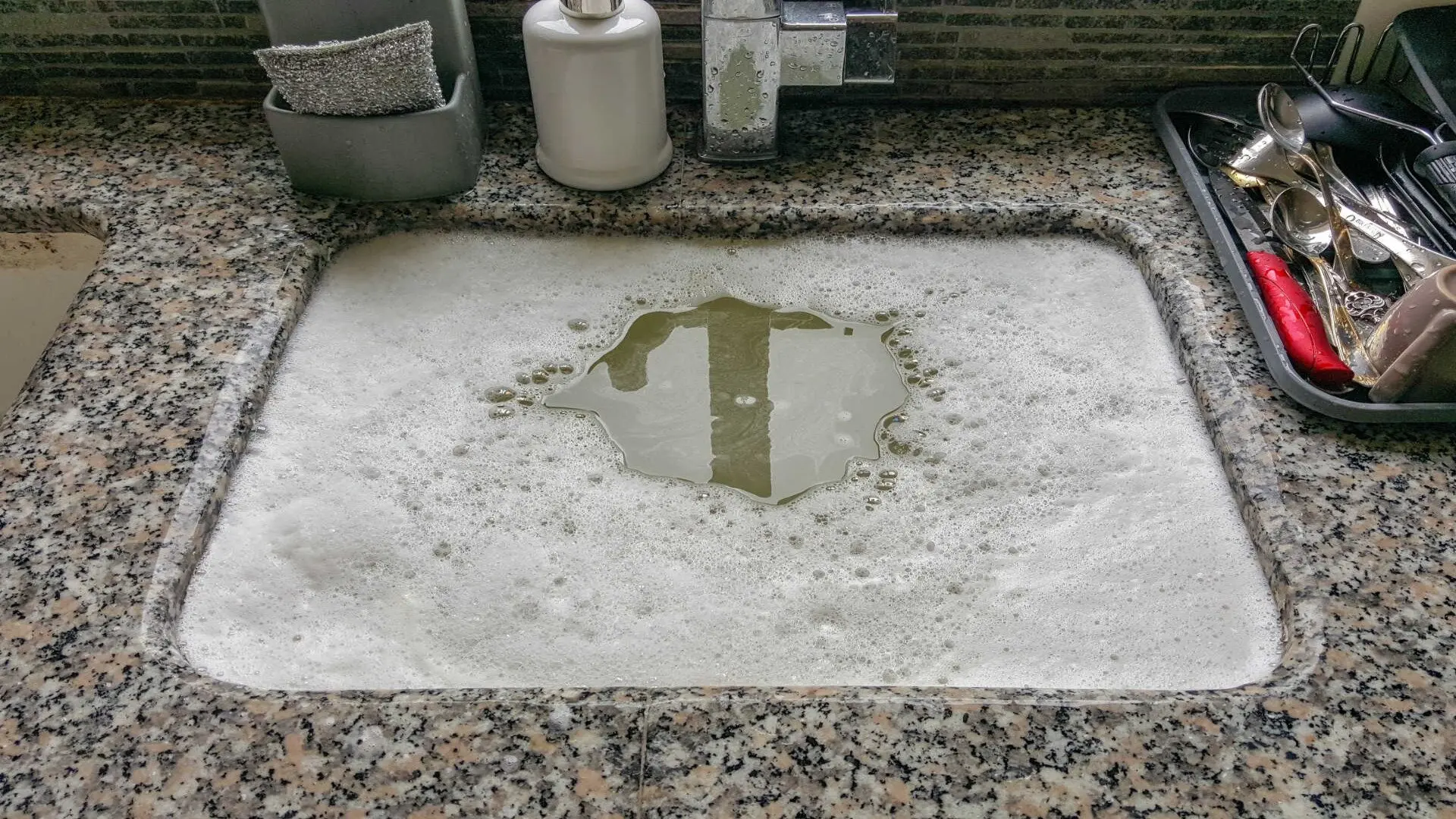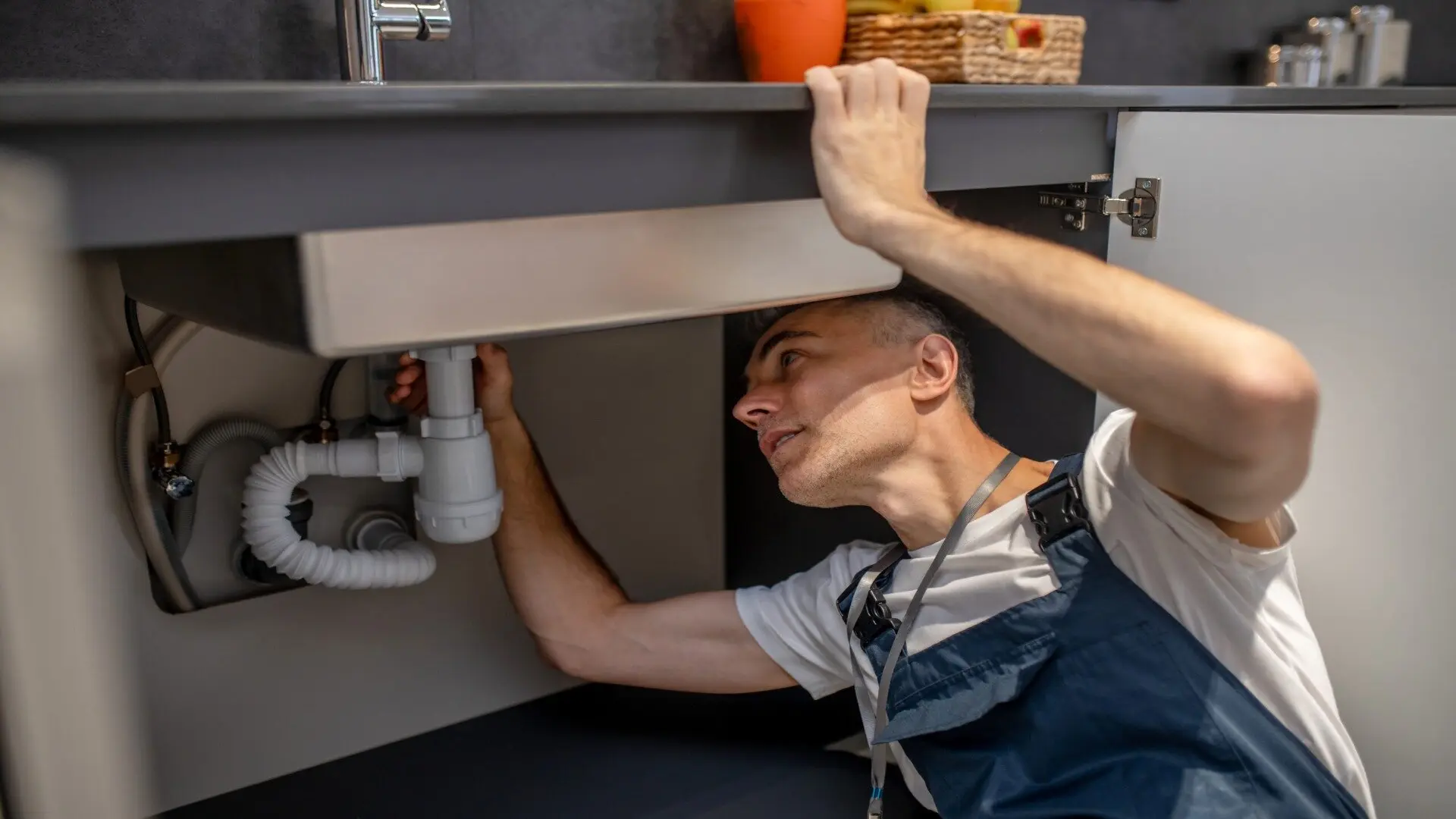Blocked drains can spell big trouble for any commercial kitchen. A backed-up drain can shut down operations, damage equipment, and cause costly water damage if not addressed promptly. However, staying on top of potential drain clogs is essential to smooth kitchen management.
Commercial kitchen drains have to work extra hard compared to typical household pipes. They constantly contend with heavy flows of hot water, grease, food solids, and other materials. While cleaning and proper trash disposal help, eventually, most drains will experience a blockage. Knowing how to identify and remedy common clogged drain problems quickly is crucial.
This blog will cover the main causes of blocked drains in commercial kitchen environments. We’ll look at signs your drain may be plugged and the first steps to take. We’ll also provide advice on clearing minor clogs yourself versus calling a professional.
Common Causes of Blocked Drains in Commercial Kitchens
Several issues routinely cause drain blockages in commercial kitchen settings. Knowing the primary drivers can help catch problems earlier and prevent future backups. The top causes of blocked drains in restaurants and food service facilities include:
Grease Buildup
In commercial kitchens, equipment like grills, fryers, stoves, and dishwashers churn out heaps of hot, greasy water daily, which flows through drains. Over time, this grease congeals and clings to the drain walls, resulting in blockages. Warm grease hardens swiftly in pipes.
Food Debris
Small food particles can still enter drains even with proper scraping and dishwashing. Rice, flour, eggshells, oily residue and other solid food scraps get trapped in bends and catch grease buildup.
Pipe Mineral Deposits
In some regions, hard water leads to mineral deposits forming within drain lines. Over months and years, these calcium and limescale build-ups can narrow pipe diameters significantly.
Clogged Grease Traps
External grease traps are a required part of most kitchen plumbing systems. However, they need regular cleaning to prevent the entire trap from filling with solids, restricting drainage. Neglected traps exacerbate other clogged drain issues.
Signs Your Commercial Kitchen Drain May Be Blocked
Commercial kitchens can take several proactive steps to prevent clogged drains and backups from occurring in the first place. One of the most important is implementing a thorough cleaning routine.
Food debris must be scraped from a blocked sink, floor drains, and equipment before washing, and hot, soapy water is ideal for breaking up residual grease. Avoid pouring fats, oily residue, and grease (FOG) down the drain, as these quickly congeal and accumulate in pipes.

Drain mats and screens act as absorbents, capturing particles before they enter the plumbing. Regularly scheduled maintenance, such as inspections and grease trap pumping by a professional, can catch problems early. Learn more about maintaining your drains.
Kitchen staff should also receive training on proper garbage disposal and best practices, such as using a commercial sink strainer in blocked sink drains. Following relevant health codes is also pivotal for reducing risks.
Leaks in sewage discharge on your property cause excessive water bills. Adopting preventative habits saves time and money in the long run compared to costly repairs from severe clogs and backups disrupting business. Proper FOG management and maintenance are key for keeping commercial kitchen drains flowing optimally.
How to Fix Blocked Drains in Commercial Kitchens
The severity of the clog dictates the approach. For minor clogs, often marked by slow drainage, a chemical drain cleaner might help. You could try pouring baking soda or vinegar into the drain, then let it sit for 30 minutes before flushing it with hot water. This might help dissolve light grease or food build-up.
To correctly use a plunger, place the cup over the entire drain opening and cover the lipped rim with water. Push the plunger up and down to create suction and push the clog down the drain. You can also use a drain snake - a pipe with a flexible wire coil on the end that is manually cranked through the drain to break up clogs.

However, if clearing attempts don’t improve flow, it’s time to call a plumber. Professional drain cleaners use high-power water jets, advanced snake tools, and camera inspections to fully unclog sinks and pipes. They can also chemically treat commercial drains or mechanically remove built-up grease rings that minor methods can’t handle.
To fully fix the underlying issue, your plumber may advise installing or drain cleaning your external grease trap if neglected. Don’t attempt to work on grease traps yourself for safety and to avoid code violations. With plumber assistance and prevention measures, you can get your drains cleared and keep them flowing well into the future.
Keep Your Commercial Kitchen Pipes Flowing
Blocked drains can seriously impact commercial kitchen operations if not addressed promptly. Understanding the common causes of clogs and learning some basic clearing techniques can easily fix many minor issues in-house. However, professional help is recommended for severe or long-term blockages that risk major disruptions or damage.
At Fixed Today Plumbing, we are your commercial plumbing experts equipped to thoroughly inspect, unclog, and maintain drain systems for both troubleshooting and prevention. With many years in business, our licensed technicians can quickly assess the problem, explain options for resolution, and get your plumbing operational again as fast as possible with minimal disruption. We also provide continual maintenance plans and grease trap services to head off drain problems before they start.
A blocked drain can really bog down your kitchen’s operations, but it doesn’t have to be that way. Reach out to the experts at Fixed Today Plumbing; we’re ready to tackle all your plumbing needs, whether it’s a one-time clean-up or ongoing preventative maintenance. Our timely service, competitive rates, and top-notch quality work ensure your plumbing is in capable hands. Schedule an inspection with us today to keep things running seamlessly.














